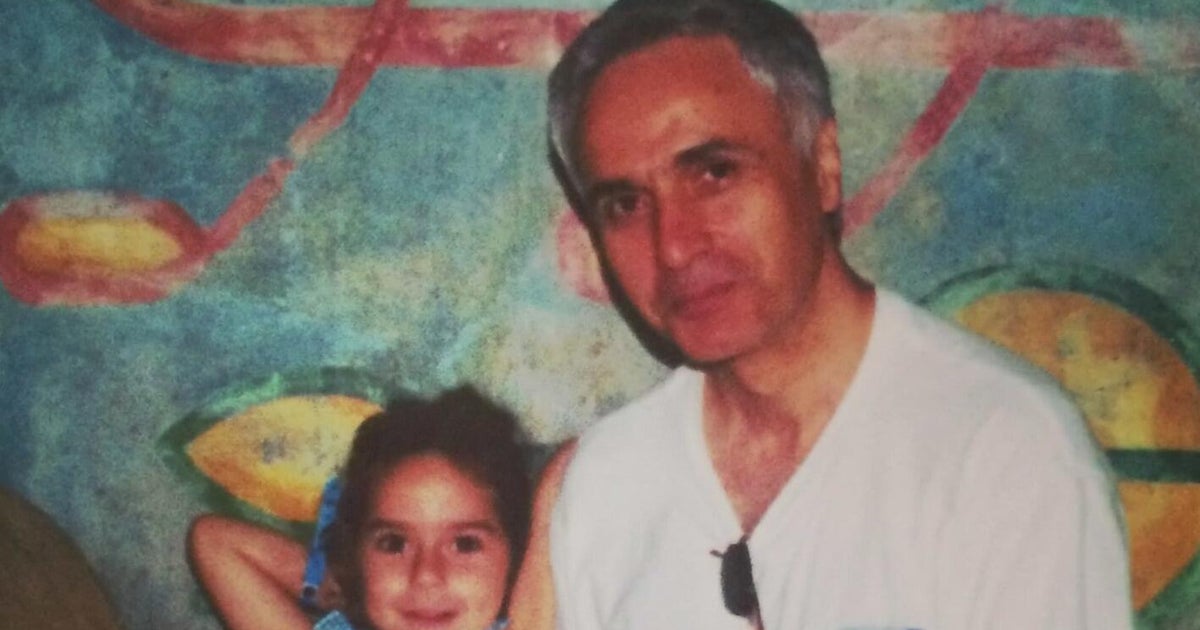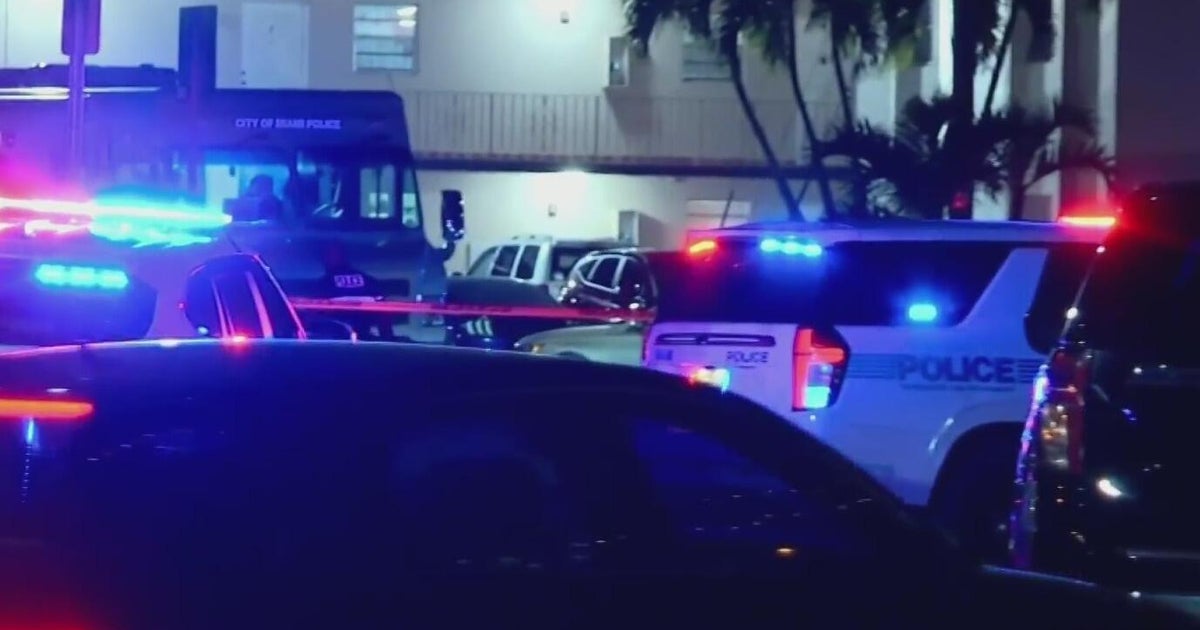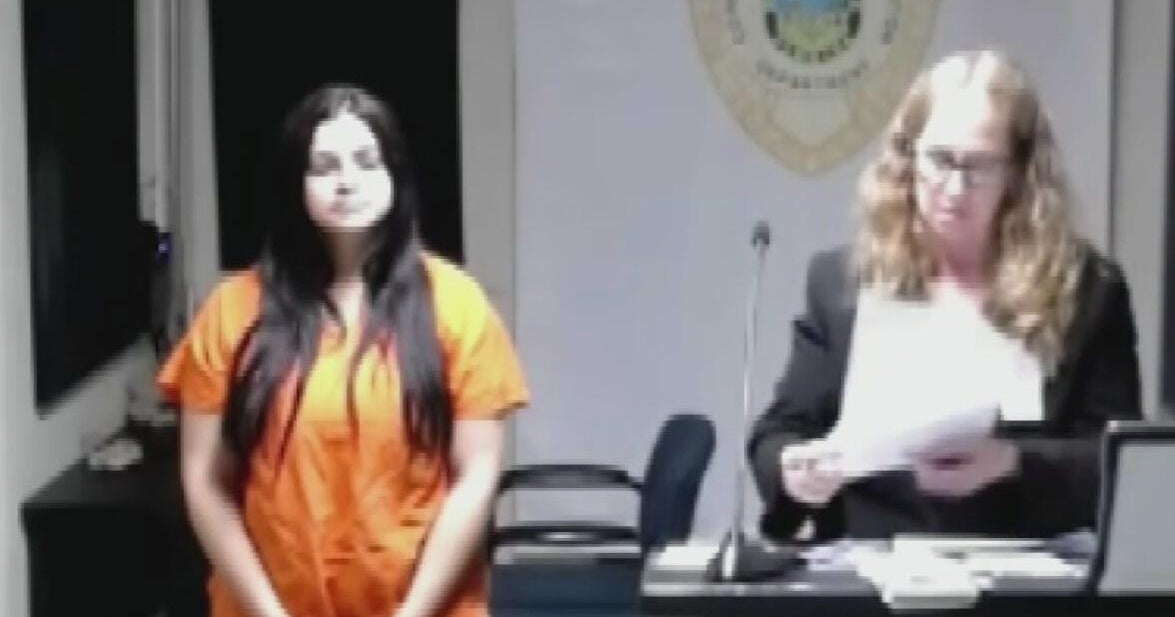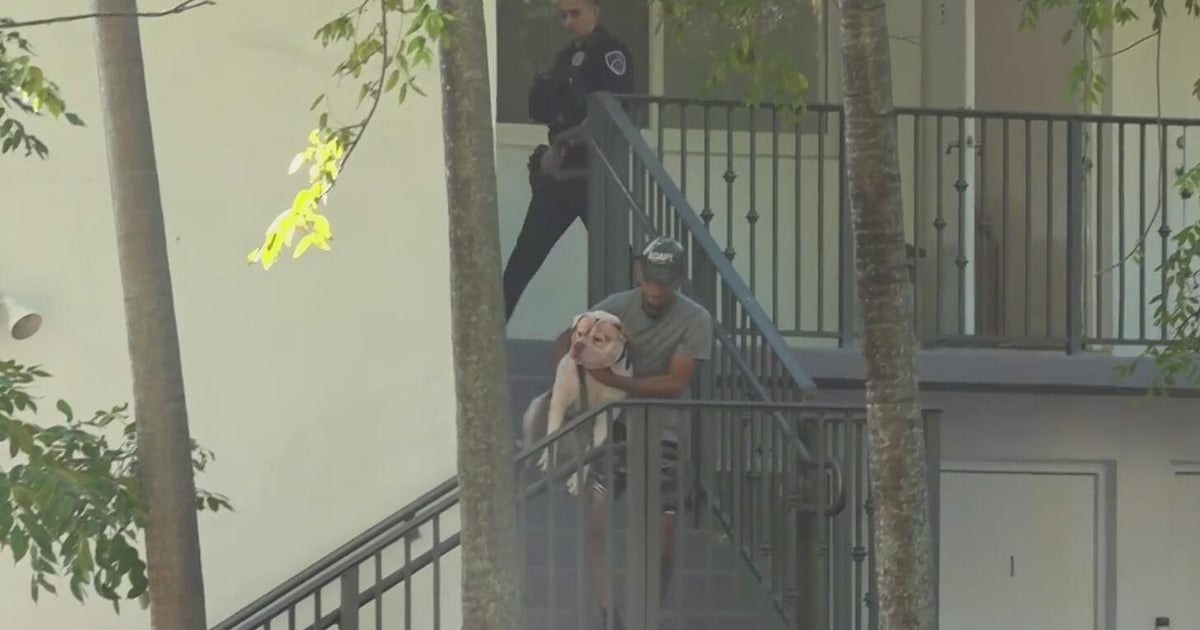Sara Abbassi’s father was given three months to live when he was first diagnosed with breast cancer in 1999. But Ray Abbassi proved his doctors wrong.
The Coral Gables resident, who owned a real estate management company, lived another seven years, but rarely talked about the disease that would take his life.
“My dad never actually said he had breast cancer,” Sara Abbassi said about her father. “If anyone asked, he just said cancer.”
Sara Abbassi spoke to CBS News Miami Anchor Eliott Rodriguez to raise awareness of male breast cancer, which still carries a stigma among male patients.
“My dad was not good speaking about it,” Sara Abbassi said. “It was hard for him to say, ‘I’m getting a mastectomy or a mammogram.'”
Male breast cancer is rare, accounting for only one percent of breast cancer cases. According to the American Cancer Society, the risk of a man developing breast cancer is about one in 1,000, a risk that increases with age, with most cases diagnosed in men over 60. Ray Abbassi was only 42 when he was diagnosed after complaining of chest pains and then finding a lump under his left breast.
“They removed the lump, did a biopsy and within a week, he was called in to see the doctor and he was told it was breast cancer,” she said. “Typically, with male breast cancer, it’s caught late, so it had already metastasized to his bones and lymph nodes.”
Seven years later, after undergoing a mastectomy, chemotherapy, radiation and even brain surgery, Ray Abbassi succumbed to cancer at age 49, when Sara Abbassi was 10 years old.
“I remember him with his limp, going to his chemo, but I also remember his smile and remember how he loved his family,” she said.
When asked if she thinks better awareness about male breast cancer might have saved her father’s life, she said she thinks about it every day.
“I think everyone did the best they could with the knowledge they had back then, but every day I wish my dad was here,” Sara Abbassi said.
Ray Abbassi’s story is proof that men need to understand they are not immune to breast cancer – it’s recommended that men perform regular self-exams to check for lumps or swelling of their breasts or underarms, leaking from their nipples, or any unusual changes in their skin. In some cases, a mammogram may be recommended for men with a history of breast cancer in their family.



